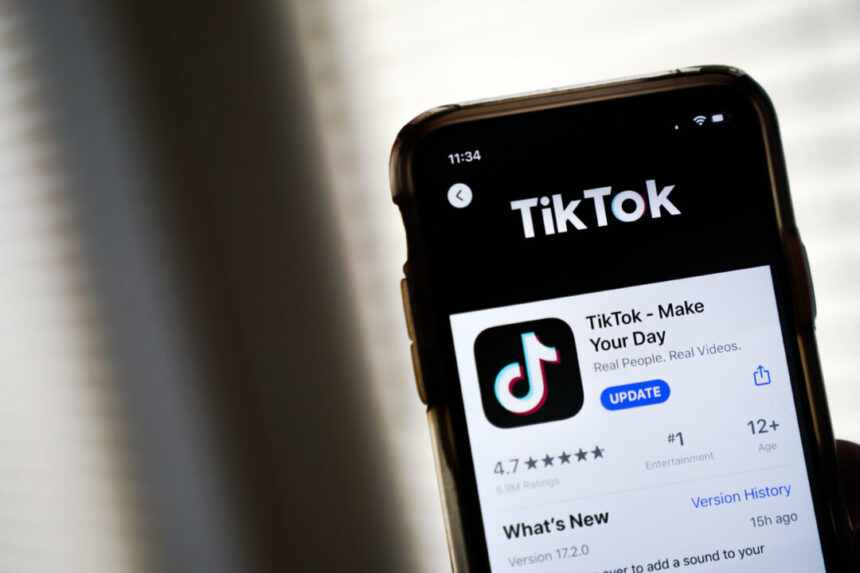Commentary
There is widespread acknowledgment of the impact of social media on creating unrest and disruption among today’s youth. The main concern now is how to address this issue.
For a considerable period, social media has been singled out as a major contributor to teenage bullying. However, current blame is being placed on smartphone apps for a rise in troubling trends such as increased plastic surgery among young people and a sudden uptick in the number of youth identifying as transgender.
Furthermore, educational institutions are struggling to control smartphone usage in classrooms, as it hampers effective learning. The Toronto District School Board is revising its smartphone policy due to inadequate enforcement. Teachers find it challenging to maintain students’ focus and prevent them from using devices during instructional time.
The TDSB is not alone in implementing measures to address this issue. Proposed bans on platforms like TikTok are among the strategies being considered to steer young individuals back on track.
The U.S. House of Representatives recently passed a bill that effectively prohibits TikTok in America, receiving bipartisan support. The legislation requires ByteDance, the owner of TikTok, to either sell the app to an American entity within six months or face removal from app stores and U.S.-based web hosting services.
The motivation behind this bill lies in TikTok’s ownership by a Chinese company believed to align closely with the communist regime of Xi Jinping. This association raises concerns about security threats, potential information theft, and spying by the Chinese government. Additionally, there are worries about TikTok’s algorithm promoting inappropriate content that impacts users’ mental well-being.
The Chinese government itself is taking steps to restrict minors’ access to social media and limit children’s daily screen time, recognizing the adverse effects on youth and society’s future. In contrast, Chinese companies operating in North America allow unrestricted screen time for children, exposing them to harmful perspectives and values.
A survey by Leger reveals that a majority of Canadians would support a TikTok ban similar to the one proposed in the U.S. However, younger demographics are less inclined towards a ban, with a significant portion of individuals aged 18-34 actively using the platform.
The Canadian government has initiated a national security review of TikTok following the U.S. bill’s passage in the House of Representatives.
The debate around banning TikTok raises questions about individual freedom of choice, particularly among young adults. While the focus is on TikTok in the current legislation, the underlying issue is foreign ownership, highlighting broader concerns about social media addiction and problematic content across various platforms.
Although the proposed bans and security reviews may not offer immediate solutions, they draw attention to the critical issues surrounding social media that require serious consideration.
Foreign interference and espionage through social media, along with the negative impact of algorithms on users, are valid concerns that demand attention. Adults must make informed choices, and parents play a crucial role in monitoring their children’s online activities and setting boundaries.
TikTok presents challenges that cannot be ignored. It is essential to address these issues proactively rather than relying solely on government intervention.
Views expressed in this article reflect the author’s opinions and not necessarily those of The Epoch Times.
Please provide an alternative version of the text.
Source link







